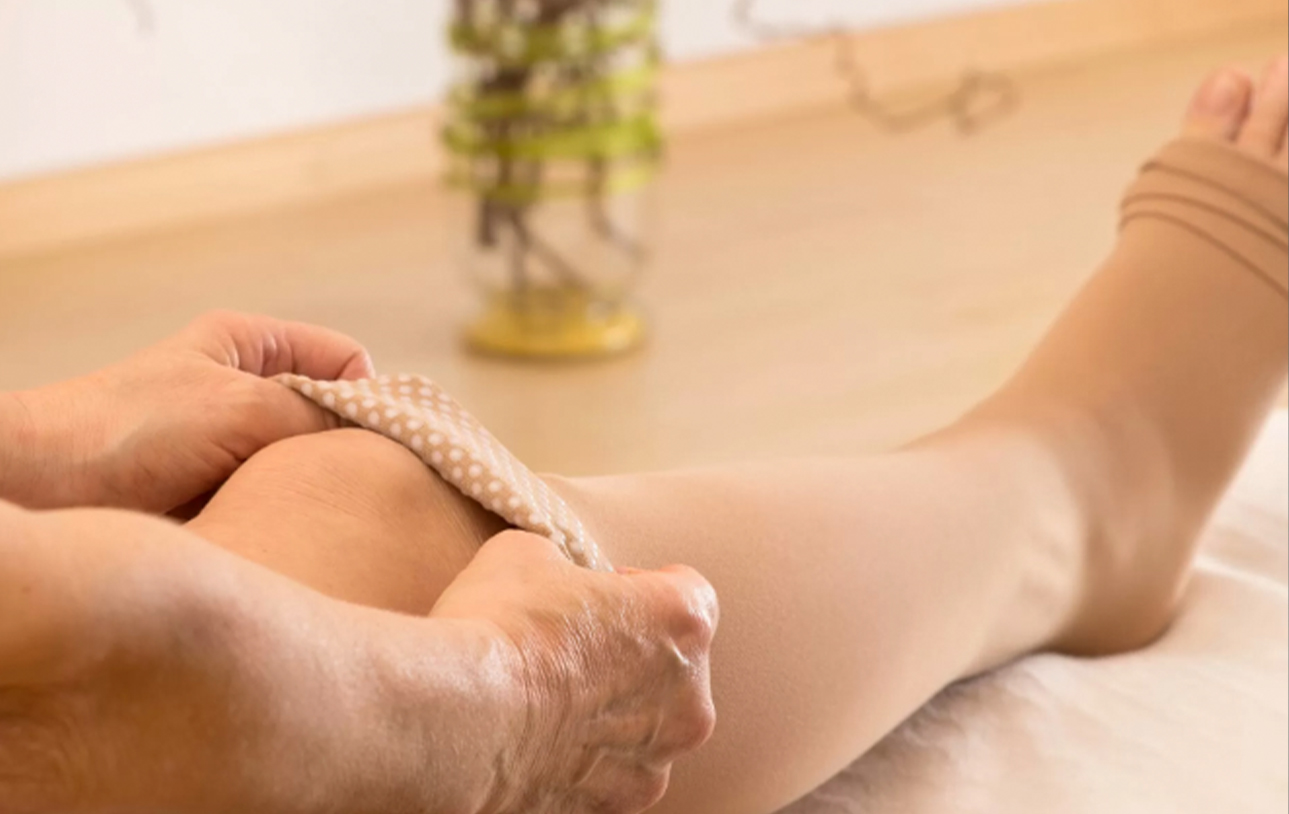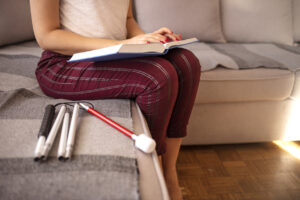
Natural Ways to Manage Lymphedema Symptoms
Lymphedema is described as tissue swelling resulting from a buildup of protein-rich fluid, usually discharged from the human body’s lymphatic system. It tends to affect the arms and legs mostly. However, it can affect the chest wall, genitalia, neck, and belly as well.
Your lymphatic system is significantly dependent on lymph nodes. Cancer treatments that remove or harm your lymph nodes sometimes cause Lymphedema. Lymphedema can be caused by any issue that prevents the lymph fluid from draining. Let’s see in detail what Lymphedema is, whom it can affect, and the natural ways to manage the symptoms.
What is Lymphedema?
Lymphedema is swelling throughout your body caused by a problem with your lymphatic system. Your lymphatic system draws extra fluid, proteins, and toxins out of your cells and tissues and returns them to your bloodstream. Where you have Lymphedema, your chance of getting an infection increases. This may occur following particular procedures, due to specific medical disorders, or due to inherited traits.
Mild lymphedema symptoms could result in a little swelling and discomfort. Nevertheless, Lymphedema can occasionally result in uncomfortable swelling and can lead to skin problems, including infections and sores. Many Lymphedema patients are embarrassed by how the condition alters their appearance. You might also be more likely to get skin-originating infections if you have Lymphedema, which could be lethal. Rarely, an extremely uncommon skin cancer called Lymphangiosarcoma can develop due to Lymphedema.
Severe Lymphedema can impair motion in the affected limb, raise the risk of sepsis and skin infections, and cause skin abnormalities and disintegration. Compression bandages, massage, compression stockings, successive pneumatic pumping, meticulous skin care, and, in rare cases, surgery to remove swollen tissue or build new drainage routes are all possible forms of treatment. Initially, there are two main kinds of Lymphedema, primary and secondary Lymphedema:
Primary Lymphedema
Rare hereditary diseases that impact the growth of your lymphatic system cause primary Lymphedema. In the United States, one in 100,000 people suffer from primary Lymphedema. There are particular ages when certain conditions can cause Lymphedema, such as:
- Babies can have Milroy’s illness at birth, a hereditary kind of Lymphedema.
- Adolescents, pregnant women, or people up to 35 can have Meige’s disease, which is also a kind of Lymphedema.
- People over 35 can contract Lymphedema tarda, a rare late-onset Lymphedema that results in swelling confined to your legs.
Secondary Lymphedema
If the lymphatic system is harmed due to surgery, trauma, or radiation therapy, you could develop secondary Lymphedema. The majority of persons with Lymphedema have undergone treatment for breast cancer.
Who Can Get Lymphedema?
In general, people who receive radiation therapy to the area wherein lymph nodes are located or who have more extensive surgery that includes the removal of lymph nodes are more likely to develop Lymphedema. Yet, even one lymph node excision, such as a “sentinel lymph node biopsy,” carries some danger.
However, some patients may develop Lymphedema even if their lymph nodes are left alone after a major surgery because radiation treatments cause damage to their skin’s lymphatic system. The risk persists over a person’s lifetime. It rises with trauma or injury to a limb. However, it’s crucial to note that those who do acquire Lymphedema contract it two to three years after their surgery. Nearly all types of cancer can cause Lymphedema, but the following are the cases where it occurs most frequently:
- Prostate Cancer
- Lymphoma
- Breast Cancer
- Neck and Head Cancer
- Melanoma
- Pelvic Cancers
Natural Ways to Manage Lymphedema Symptoms
Following are the natural ways to manage and treat Lymphedema symptoms:
1. Exercise
Most medical professionals advise regular moderate exercise for those with Lymphedema. Walking or swimming are excellent aerobic exercises that can assist in reducing swelling and transferring lymph fluid away from your problem regions. Before beginning any new workout program, consult your doctor. They will probably suggest putting on some compression clothing while exercising.
2. Massage
Lymphedema is only one of the many medical disorders massage therapy can help. It is advisable to visit a licensed massage therapist who understands how to gently massage your body in a way that helps move lymph fluid away from the swollen areas and toward other locations where your lymph system is still functioning normally. Learning to self-massage is also a terrific idea to promote healthy lymphatic fluid flow and reduce swelling.
3. Don’t Restraint Fluid Flow
Maintaining adequate bodily fluid flow is crucial, especially in an afflicted limb or in places where Lymphedema could potentially manifest. You can promote normal body fluid flow by following the simple steps mentioned below:
- Avoid crossing your legs when sitting, as this prevents healthy circulation.
- Try to move around at least once every 30 minutes.
- Don’t wear the afflicted arm for carrying bags or other stuff.
- Choose loose garments without elastic or tight bands.
- Avoid measuring your blood pressure in the affected arm.
- Avoid using stockings with tight bands or elastic bandages.
4. Manage Weight
Following a healthy whole foods diet is imperative as avoiding things like refined sugar, refined flour, sweetened beverages, processed foods, fast food, and items containing hydrogenated fats that cause obesity. You might want to give the keto diet some serious thought to aid in your weight loss efforts. Of course, if you want to overcome and prevent obesity, regular exercise is yet another essential habit to adopt in your life.
5. Eat a Healthy Diet
As usual, managing a medical condition like Lymphedema can be greatly aided by what you eat and don’t eat. Concentrate on eating entire meals, particularly anti-inflammatory foods, which include many veggies and some fruit each day. Processed foods heavy in sodium should be strictly avoided as they simply serve to increase fluid retention and swelling. If you currently smoke, you should stop and also limit your alcohol usage.
Conclusion
As World Lymphedema Day is approaching on March 6th, raising awareness for this crucial disease is most important. While visiting a skilled physician is the best option to treat the illness, the above-mentioned simple ways can also greatly help in managing the effects and symptoms of Lymphedema.




